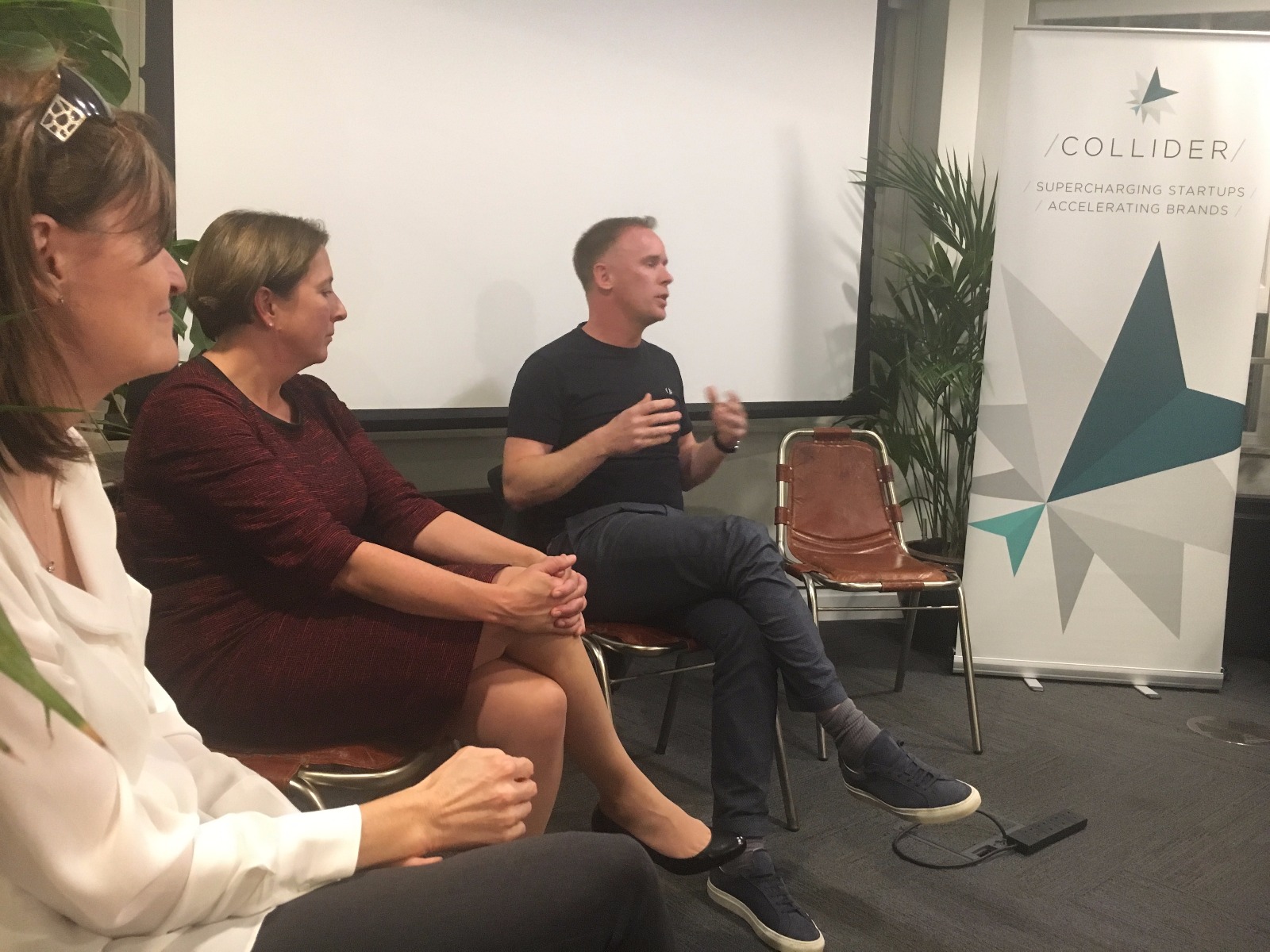
Today the Financial Times begins a year-long partnership with London-based Collider, a tech business accelerator focusing on innovation in marketing and advertising.
Over the course of the year, the FT will work with Collider on a structured programme for its product, technology and commercial teams, aimed at stimulating new ideas and answering questions around how to best serve clients and readers in the future. The programme will include:
● Innovation workshops providing practical skills for staff to work effectively with startups ● ‘Deep Dives’ focused on generating creative solutions to problems using new technologies ● Opportunities to connect directly with startups focused on business and talent development
Jon Slade, chief commercial officer at the Financial Times, said; “We're thrilled to be announcing our partnership with Collider. The disruption of the publishing world, and in particular within advertising and marketing, creates wonderful opportunities for experimentation, and the startup environment can inspire much of the future fuel for our growth engines. Collider are experts at filtering and nurturing innovation in this space, and we're really excited about working with the team. All businesses need to ensure that they have a consistent injection of energy, and the FT's partnership with Collider further underlines the FT's credentials and intentions around digital innovation.”
Andy Tait, co-founder of Collider says: “Collaborating with publishers is always a pleasure at Collider, and working with the FT is something very special for us. Disruption to traditional publisher models present great opportunities and we’re delighted that the FT has a strong desire to understand the value of working with innovative startups from across the globe”.
Collider currently works with leading industry publishers, including Haymarket in London. The team have a long history of working with publishers, from co-founder Rose Lewis’ experiences as head of sales in the UK at Ziff-Davis, to partner Frank Kelcz, who has launched 27 magazines in eight languages, on three continents.
Collider has invested in 34 startups in the marketing and advertising technology (MadTech) space over the past four years. The FT joins Collider’s current corporate partners including Asda, DigitasLBi, dunnhumby, Exterion Media, Haymarket, Ogilvy & Mather Group UK, Puma, Reevoo, The National Lottery and Unilever.
The partnership follows the FT’s recent investment in Alpha Grid, a company specialising in the development and production of quality branded content.
###
For more information, please contact:
Financial Times
Megan Dold megan.dold[at]ft.com T: +44 (0) 20 7775 6587 M: +44 (0) 7429 394 221
Collider
Alexandra Connerty alexandra[at]collider.io T: +44 (0) 20 7099 2160 M: +44 (0) 7541 214246
About the Financial Times:
The Financial Times, one of the world’s leading business news organisations, is recognised internationally for its authority, integrity and accuracy. Providing essential news, comment, data and analysis for the global business community, the FT has a combined paid print and digital circulation of 793,000. Mobile is an increasingly important channel for the FT, driving half of total traffic.
About Collider:
Collider is an accelerator dedicated to marketing and advertising startups, who help brands and agencies identify, understand, engage with and sell to their consumers. Collider invests capital in these startups, coaches them through a highly structured programme and connects them to potential corporate customers and investors. Collider also partner with brilliant brands and agencies to help them work closely with game-changing tech and introduce their teams to new ways of working.









 With the most important vote of our generation within 24 hours, the Collider team would like to tackle the issue through the innovation lens aimed at startups. Whether that be in or out of the EU.
With the most important vote of our generation within 24 hours, the Collider team would like to tackle the issue through the innovation lens aimed at startups. Whether that be in or out of the EU.